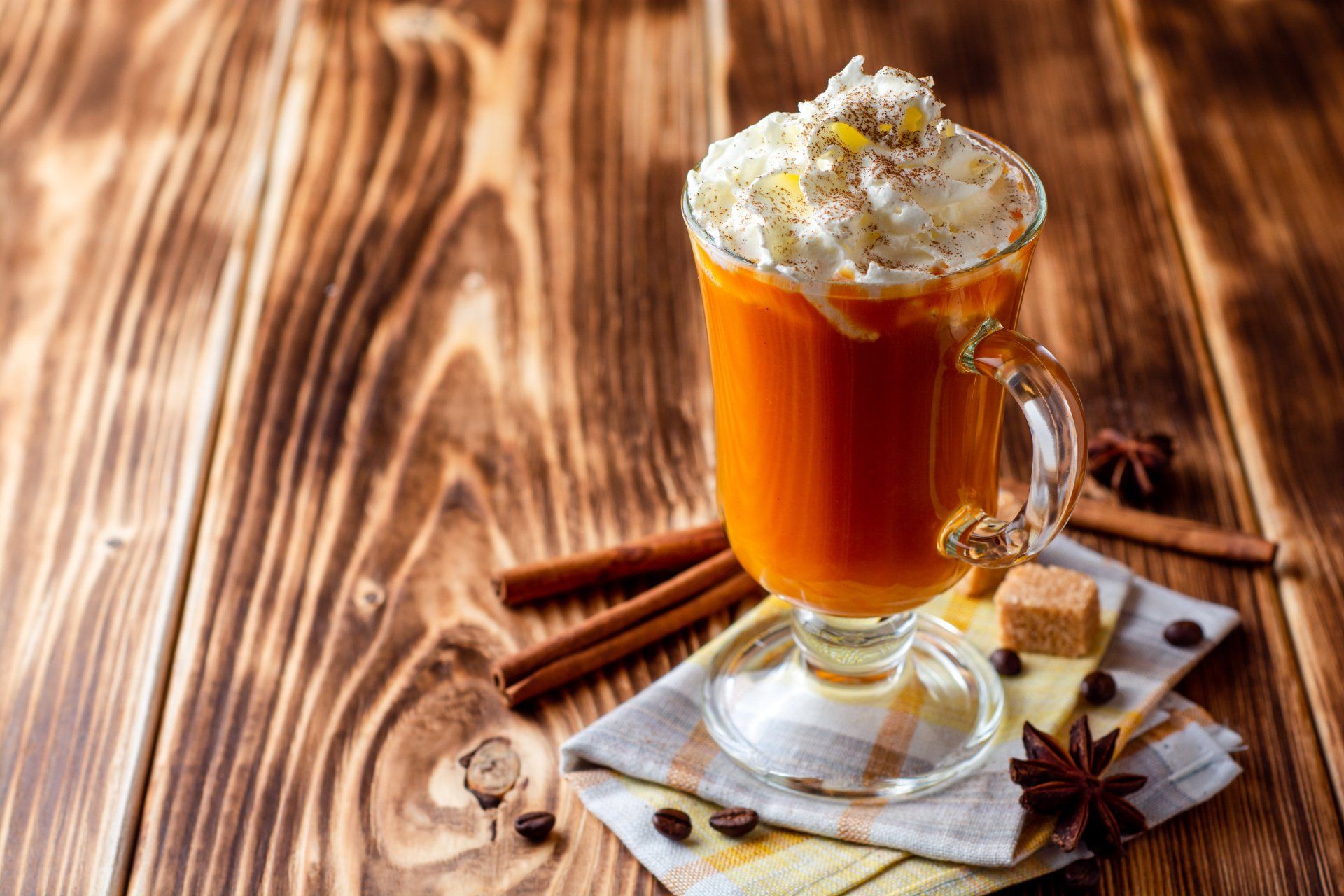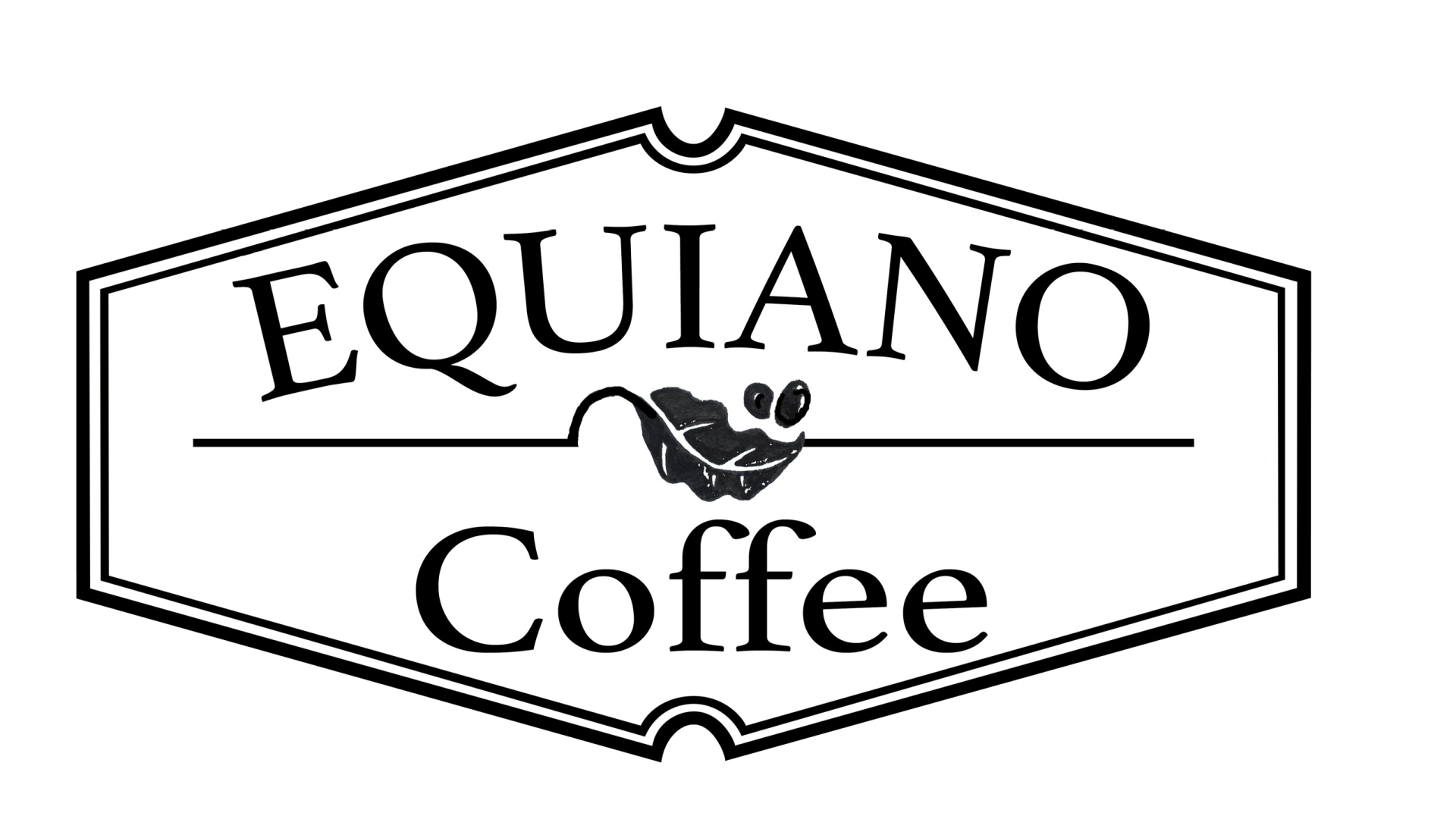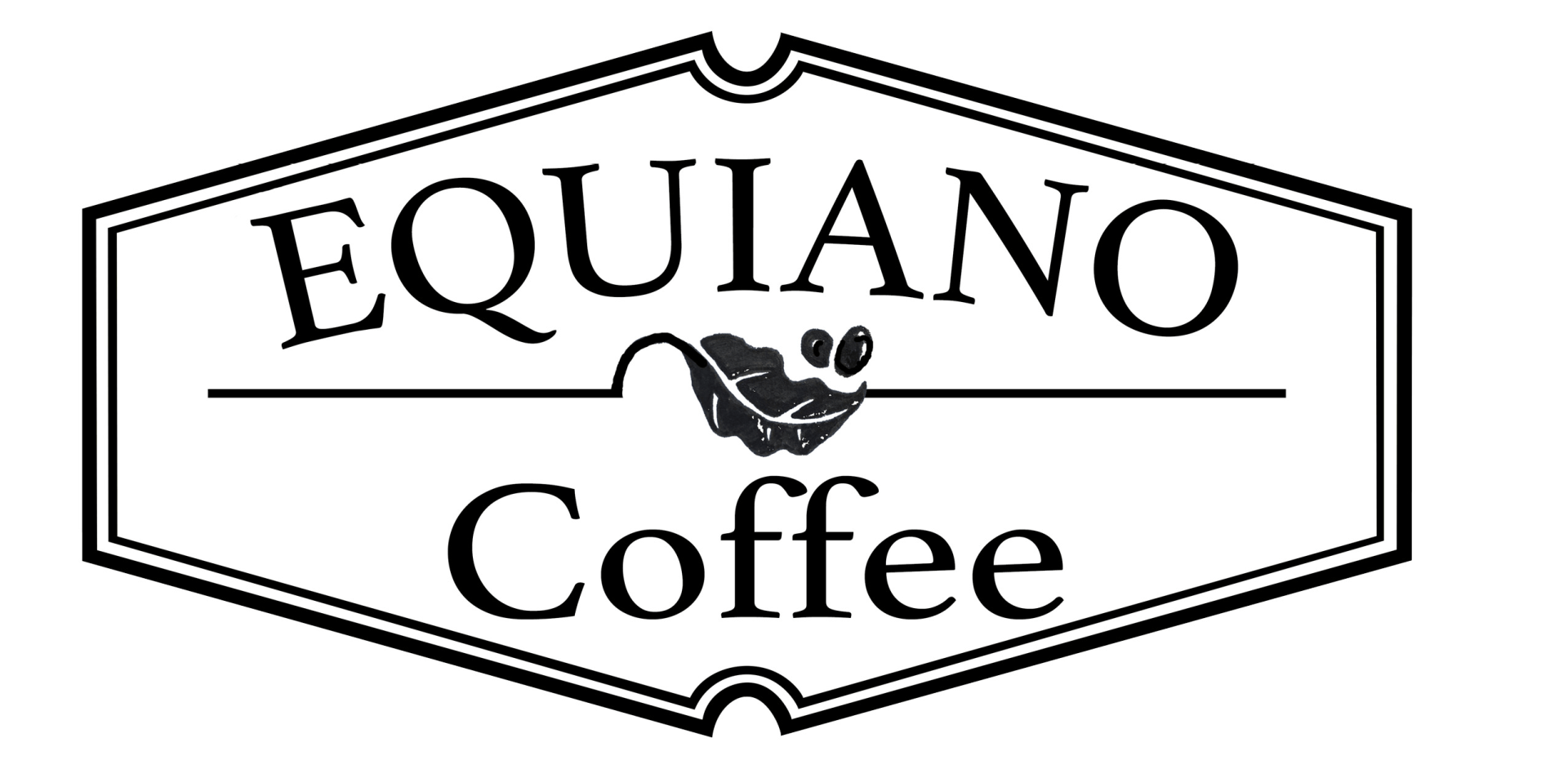What Is Specialty Coffee, Really? Pt.1
Ask your everyday coffee drinkers or Baristas the question, “What is specialty coffee?” and you’re likely to get a lot of different guesses, theories, and answers.
How do you define “specialty” coffee? Think for a moment about what distinguishes specialty coffee from the brown schwill that you get at a chain breakfast restaurant or that your Grandparents brewed up at their house back in the day.
For me, the idea of what specialty coffee is and how I might describe it to a fellow coffee lover has changed over the decades since I was introduced to it as a young, new Barista back in the early 90s. I would have described the popular, flavorful drinks with steamed milk and flavored syrup sweeteners that you could find at Starbucks or your local espresso cart as what specialty coffee meant to me.
As the years went by and I moved into commercial coffee roasting, my definition of specialty coffee came to include the quality of the Arabica beans we were buying, roasting and blending for coffee shops and espresso bars to brew and serve to their customers. The brand new wave of higher grade Arabica beans sweeping through the fledgling Specialty Coffee industry produced a flavor quality head and shoulders above that of the cheaper and lower grade “Robusta” coffee beans used by restaurants, convenience stores and instant coffee brands that had been the staple of the American coffee diet for decades.
Specialty Coffee’s Third Wave
By 2010 I began to embrace the flavors of the brewed coffees themselves, without the added sweetness of milk, cream, sugar or flavored syrups. And each time I found that magic combination of quality bean and masterful roasting I would fall in love with a particular coffee, the love affair sometimes lasting for years before I would discover a new favorite.
“Single Origin” as I would come to understand it at the time would mean, in my mind, the country a coffee was grown in. I could taste notable differences between my favorite coffees from varying countries of origin and different roasting companies. A sweet and smokey yet smooth Sumatran coffee roasted with wood fire or a chocolaty and hearty African coffee from Harrar roasted with a commercial hot air roaster.

I would take care to brew these coffees by hand each morning, one cup at a time, and really get into enjoying the whole experience. I had my French press, my single-cup pour-over brewer, my Aeropress and a brand new version of the “immersion” method of coffee brewing I had developed called “Shaker” coffee or the Shaker extraction method. This was about the time when the phrases “single Origin Coffee” and “third wave coffee” started to really make their way into industry vernacular. Now surely this is what specialty coffee is! Right?
Developing The Palate: An Individual Journey

As a true coffee lover, passionate about the business of coffee and the experiences of enjoying and sharing great coffee with others, I’ve been blessed and especially fortunate. My decades-long career as a coffee Barista was book-ended by working for two of my three all-time favorite coffee roasters in the world! And it wasn’t until coming to work for the roast master, Okon Udosenata, at Equiano Coffee Company a couple of years ago that all of my food tasting exercises, craft brew beer tastings, and coffee tastings, really began to blossom into what my understanding of “specialty coffee” is today.
Discussing coffee and all things related to it with Okon is always a learning experience for me. Not only does his tasting palate sensitivity and ability to articulate the subtle flavors far beyond my own development and ability but his understanding of the specialty coffee chain from farm to brewed cup is dizzying and fascinating.
That Okon is unusually skilled in the craft of commercial roasting is, by no means, lost on me. But I’ve come to believe that his true genius may lie in his ability to source some of the highest quality coffees in the world. And that’s a testament to both his unusually well-developed palate and his penchant for building relationships with quality-oriented, small farm coffee producers from different growing regions around the world.
Specialty Coffee Today
From General Term To Specific Standard
Since Erna Knutsen first coined the term “Specialty Coffee” in the mid-1970s, its definition and its usage have evolved along with the industry that bears its name. And even still today it’s difficult to define, even among industry professionals.
For Udosenata at Equiano Coffee Company in Eugene, Oregon, the term “specialty coffee” denotes a very specific set of measurable quality standards that, ultimately, determine a particular coffee’s unique flavor characteristics. Standards that even many of us in the specialty coffee industry still struggle to fully understand and embrace.
So what is specialty coffee? According to the Specialty Coffee Association (SCA),”…specialty can only occur when all of those involved in the coffee value chain work in harmony and maintain a keen focus on standards and excellence from start to finish”.
And Okon couldn’t agree more. As a matter of fact, he was eager to expound on that definition when we sat down to discuss the subject over a cup of coffee at the Equiano Coffee tasting room in Eugene.
The SCA holds specialty coffee to a very specific set of observable and measurable “standards”. The SCA, speaking specifically of the organization’s standard for specialty says, “ It is a quantifiable and qualifiable measure, based upon scientific testing, which set values and/or ranges of values for coffee.” The SCA currently has standards in place that they use to test and rate the quality of the water used for brewing coffee, the raw green beans that the roaster buys from a coffee producer or importer as well as for “cupping” (professional coffee tasting).
Starting at the beginning of the coffee chain, with the growers, during our conversation, Okon laments the confusion consumers have about the origin of the coffees they buy and brew. To say that your coffee is a “Colombian” or an “Ethiopian Harrar”, for example, would be a reference to the coffee’s continent and/or region of origin (where it was grown. That gives you very little, if any, useful information about the type, kind or quality of the coffee at hand.
Some coffee growing regions, like those found in Africa, grow several different varietals of coffee, harvesting and processing them together. This creates a blend of different coffee varietals. Each coffee varietal has its own unique flavor characteristics. For a coffee to truly be specialty grade, says Okon, “It needs to be a single varietal coffee”. This way you can have standards such as the Specialty Coffee Association does that allows a specific coffee to be tested for quality, for flavor profile and for possible defects in the flavor.
The Juicy Stuff

The Equiano Coffee tasting room in Eugene’s hip Whiteaker neighborhood is one of the best places to experience the many nuanced flavors inherent in top quality, specialty-grade, single varietal coffees. They always have two different varietals available to experience as espresso, including the very popular Fazenda Condado, Brazil , Yellow Catuai with its pronounced nutty flavor characteristic and buttery mouthfeel and at least one varietal brewed up as their house coffee of the day.
Equiano’s Baristas keep a supply of fresh cold brewed coffee on hand. These are the same varietals of coffee they use for espresso and house coffee and is a wonderful way to get more familiar with a particular coffee as each brewing method will highlight different characteristics of the same coffee.
And if you just can’t decide what coffee to enjoy on your visit or if you can’t quite decide what type of beans to take home to brew, the tasting room also offers coffee “Flights”. Your Barista can help you to choose 3 of the many varietals on hand at Equiano and brew them up for you to taste “cupping” style, just like the pros! Tasting single varietal coffees side by side in this fashion is a great way to help you begin to identify and distinguish between more subtle flavors in a good cup of coffee.
We’re Just Getting Started
Next, in part 2 of “What Is Specialty Coffee, Really?”, We’ll delve deeper into the coffee supply chain as well as look at what flavor qualities distinguish specialty grade coffee from the rest of the coffee out there, generally referred to as “specialty”. Curious now? Check out this blog on one of our favorite specialty grade coffees, our Bon Mua Viet Nam and our new Wum Bee Cameroon. And you can find most of Equiano’s coffees for sale here at equianocoffee.com.
Part 2 will also look at what types of flavor characteristics make specialty grade coffee unique and also we’ll dissect the four fundamental areas of coffee tasting that anybody can learn:
- Aroma
- Acidity
- Body
- Flavor











